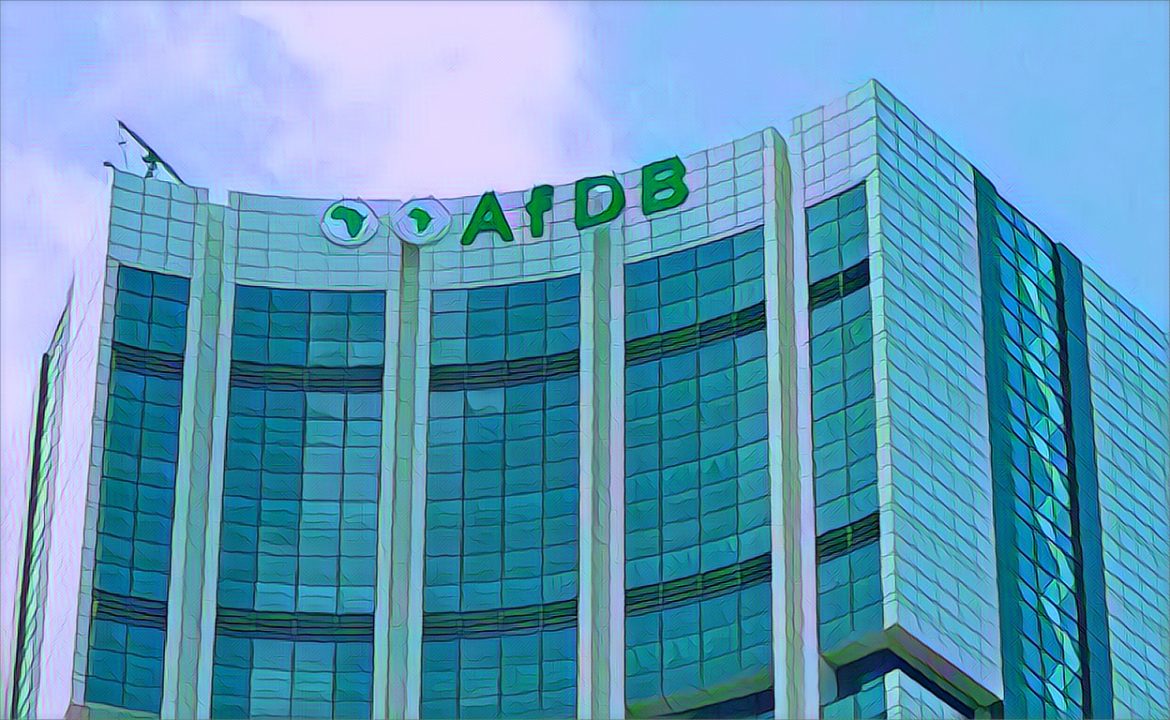KEY POINTS
-
The AfDB Country Strategy for Nigeria includes $650 million in annual investment.
-
The new strategy supports inclusive, climate-resilient infrastructure nationwide.
-
It aims to create jobs and enhance Nigeria’s trade potential.
Nigeria’s new five-year Country Strategy Paper, which aims to propel the country’s economic change, was adopted by the African Development Bank Group on Thursday.
Bank aligns investment strategy with Nigeria’s national development plans
Between 2025 and 2030, the Bank committed about \$650 million a year, with an emphasis on inclusive prosperity and resilience development nationwide.
In the first four years of the strategy, the Bank would provide ~$2.95 billion, according to a statement on its website.
An extra ~$3.21 billion in co-financing is anticipated from development partners during that first four-year implementation phase.
According to the Bank, the plan places a high priority on inclusive, climate-smart growth and sustainable infrastructure, which fosters industrial development in important economic sectors.
In order to improve Nigeria’s long-term development prospects and competitiveness in the global market, the paper focuses on infrastructure modernization, economic diversification, and gender and youth inclusion.
The Bank stated that it wants to use climate-focused investment to bridge Nigeria’s infrastructure gap, which is estimated to be around $2.3 trillion between 2020 and 2043.
In order to create jobs, especially for women and young people in Nigeria, the strategy will support clean water systems, roads, agribusinesses, and the spread of power.
The investments are in line with Nigeria’s national goals to create over 1.5 million jobs and grow its economy to almost $1 trillion.
AfDB Country Strategy for Nigeria focuses on infrastructure growth
Nigeria’s Agenda 2050, National Development Plan 2021–2025, and the Renewed Hope Agenda, which was unveiled in 2023, are all supported by the Country Strategy Paper.
Through improved market access and infrastructure, the Bank also hopes to increase Nigeria’s involvement in the African Continental Free Trade Area.
For farmers, agribusinesses, and small to medium-sized businesses, the program will enhance trade capacities, transportation networks, and energy availability.
According to Punch, Abdul Kamara director general of the Bank’s Nigeria office, the plan takes the organization’s collaboration with Nigeria to new heights.
He claimed that improved electricity systems, inclusive agricultural growth, and sustainable infrastructure will open up economic opportunities for millions of Nigerians.
The Bank pointed out that targeted youth empowerment initiatives and Affirmative Finance Action for Women in Africa will help women entrepreneurs.
Greener infrastructure, according to the Bank, will strengthen resilience, mitigate the effects of climate change, lessen tensions between farmers and herders, and promote inclusive growth and national cohesion.


